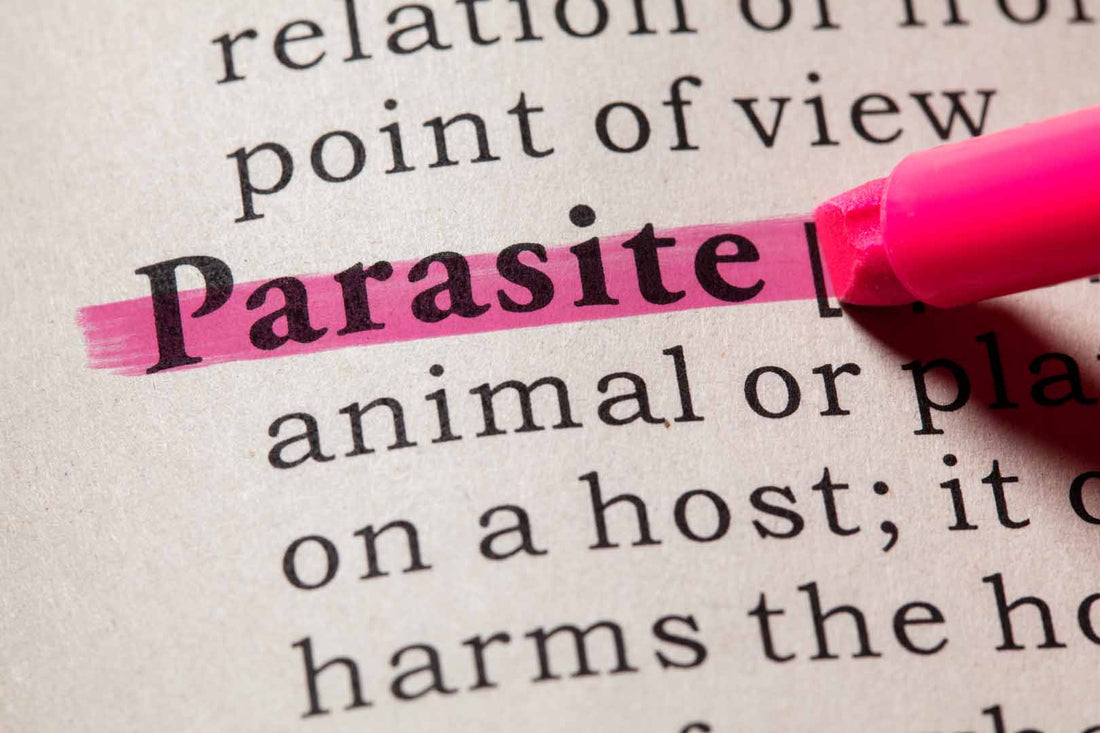The question of whether humans are parasites in some sense may seem strange at first glance. After all, we think of them as annoying organisms that harm and exploit their host. But a closer look reveals astonishing parallels between parasitic and human behaviour.
Commonalities between parasites and humans
Exploitation of resources
Parasites live in or on other organisms and obtain food and energy from them without really giving anything back. Humans also exploit natural resources, often without taking sufficient care to maintain them sustainably.
Dispersal and reproduction
Parasites reproduce at the expense of their host by developing and spreading within it. Humans have also spread across the planet, often affecting the environment and displacing other species.
Competition and aggression
Some parasites compete for the best place in their host and may display aggressive behaviours to displace other parasites. Similarly, humans sometimes tend to compete for power, resources or influence in social groups.
Adaptability
Parasites have developed amazing abilities to adapt to their host environment over the course of evolution. Humans have also shown remarkable adaptive abilities to survive in different climates and living conditions.
Differences between parasites and humans
Consciousness and morality
The biggest difference between parasites and humans lies in consciousness and moral action. Humans have the potential to act consciously, make ethical decisions and show empathy for other living beings. Parasites act instinctively without having a consciousness for their behaviour.
Communication and cooperation
Humans can use language and communication to form cooperative relationships and solve problems together. Parasites act solely for their own benefit, without regard for others.
An outlook
It is important to recognise that as humans we have the capacity to act mindfully and ethically. Although some of our behaviours may have similarities to parasites, we also have the capacity to show compassion, protect our environment and care for the well-being of other living beings.
Humanity has already made impressive progress in the past to reduce (self-inflicted) environmental damage, promote social justice and live more sustainably. Through education, enlightenment, consideration and collective efforts, we can overcome our parasitic tendencies and develop a more harmonious relationship with nature and other species. Admittedly, there is a long road ahead, but the sooner each individual sets out, the sooner humanity will reach a point where it is not a burden but an invaluable asset to the planet.
Conclusion
While there may be parallels between some of the behaviours of parasites and humans, ultimately we as humans are unique and have the ability to make conscious and ethical choices. By harnessing our potential for positive change and overcoming our parasitic tendencies, we can create a sustainable and more equitable future where humans and nature live in harmony.










